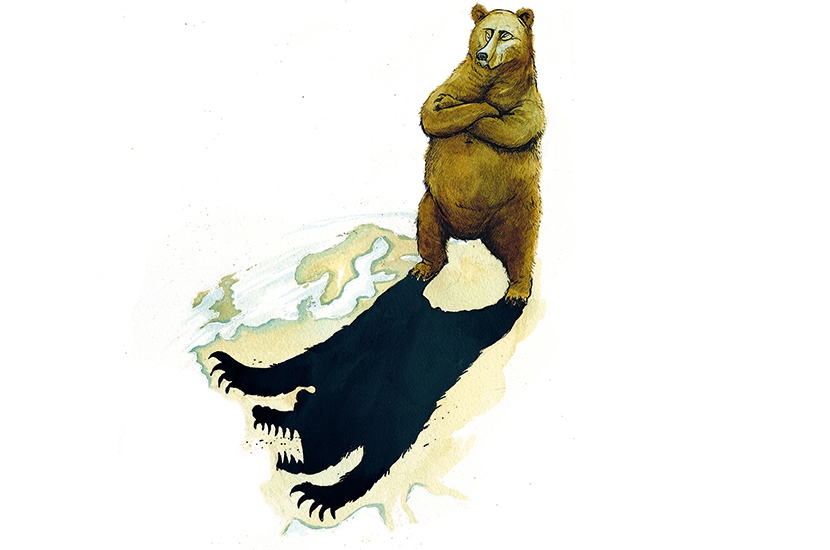Two months ago, a Russian pipe-laying ship called the Akademik Cherskiy left the Baltic island of Rügen to finish the last few miles of the most controversial gas pipeline in the world. Germany hopes that Nord Stream 2 will improve its access to Russia’s vast reserves of natural gas. In America, however, the project is seen as a way for Moscow to exert influence over Europe. Its completion marks the biggest diplomatic crisis in transatlantic relations since the Iraq War and now, as then, we see Germany pitched against the US. But this time, Germany is far more determined.
Since its inception, the pipeline —which runs directly from Russia to Germany — has been opposed by many in Europe who share America’s concerns about dependency on Russian energy. Some see it as a ploy to allow Russia to stop sending gas via Ukraine so it can escalate the conflict there. After the arrest of Alexei Navalny, the European parliament voted to cancel the project, to no avail. In Poland, one minister even compared it to the Molotov-Ribbentrop Pact. That’s a vast exaggeration, but it’s indicative of the conspiracy theories that Nord Stream 2 has spawned. The Germans, for example, peddle the story that the Americans are against the project because they want to sell their own liquid natural gas to Europeans. That is not true either.
The row shows that the relationship between Germany and Russia is far closer than is generally understood. Gerhard Schröder, the former chancellor, is a personal friend of Vladimir Putin, whom he famously called a ‘flawless democrat’. Schröder now chairs the Nord Stream 2 supervisory board. While the company is based in Switzerland, it is fully owned by Gazprom, the Russian energy conglomerate. Angela Merkel has been more reserved in her praise for Putin, but when she and Putin meet, they talk in Russian.








Comments
Join the debate for just £1 a month
Be part of the conversation with other Spectator readers by getting your first three months for £3.
UNLOCK ACCESS Just £1 a monthAlready a subscriber? Log in